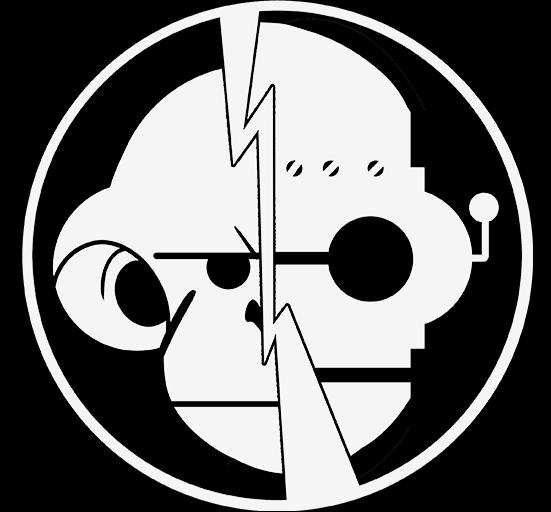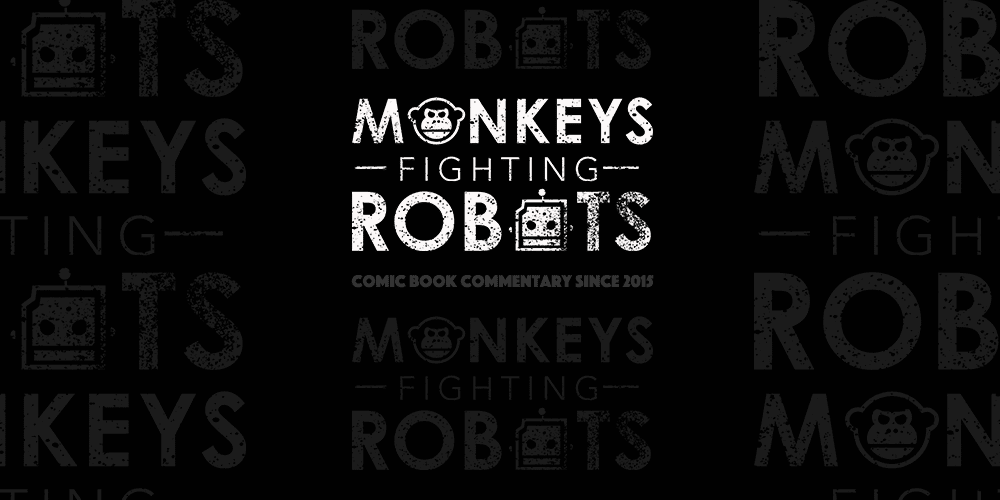Welcome to the MFR Definitive Review Collection, a new series where Site Owner Matthew Sardo and Managing Editor Larry Taylor put their brains together and rate/review cinematic staples that have left their mark on the movies throughout the years. This week, for Halloween, they tackle the John Landis horror-comedy classic, An American Werewolf in London.
Larry’s Take
Blending horror and comedy is one of the tougher genre mashup exercises a director can try and take on; more often than not, they don’t work, because these two specific genres are so defined by their rules that one can easily outweigh the other. It’s part of what makes Jon Landis’s werewolf yarn so impressive, that it seamlessly blends these genres to absolute perfection.
An American Werewolf in London can transition from amusing to laugh-out-loud funny to horrific and nightmarish like no other film has been able to do (those Nazi werewolves are never not shocking as hell), including Landis’s own attempt to recapture the magic a decade later with his vampire mob comedy Innocent Blood. David (David Naughton) is our perfect guide into this bizarro transformation picture, playing the put-upon protagonist in such a way that when he does transform into the wolf – the pinnacle of practical special effects magic – we wince and cringe and feel genuine pity for this doomed man.
The details of Landis’s film, which he wrote himself, also add terrific texture and gallows humor. Especially the ghost of his slain friend, Jack (Griffin Dunne), who decomposes as the story unfolds. An American Werewolf in London sings in spite of the fact there is, honestly, very little “werewolf action.” We don’t need it; we have these actors and their tremendous performances to pull us into the story.
Matt’s Take
John Landis’ An American Werewolf in London is the combination of three amazing scenes and an unfinished story that leaves you with the feeling that you didn’t get the joke.
The werewolf transformation won Rick Baker an Academy Award in 1982 and set the standard for filmmakers.
The cinematography and editing are what truly stands out here. With a $10 million budget in 1981, An American Werewolf in London has the grit of an independent movie which adds to uneasy horror element of the film. If the movie were too polished, the practical special effects would not mesh as well. The independent feel also lets the over-the-top Nazi werewolves scene work and not become too much of a joke.
The editing really stands out when David Kessler first goes out as the werewolf. Instead of screams, Landis used cutaways to loud noise that transitions to the next scene, but as the cuts continue the viewer can’t help but subconsciously add the screams in. Landis lets the viewer use his or their imagination, which can sometimes be scarier than reality.
The Piccadilly Circus bloodbath is so outrageous that it reminds me of any one of the chases from the Blues Brothers. The chaos continues for so long as the bodies are flying left and right; the screams from the crowd in 1981 must have been brilliant. Yet, as soon as you catch your breath, the film is over. It’s a gut punch, an incomplete feeling.
What was going on in Yorkshire at the Slaughtered Lamb? The incompleteness of the film became even more prevalent in the follow up, An American Werewolf in Paris. Oh the 90s…
What are your feelings on An American Werewolf in London? Give us your grade in the comment section below.



